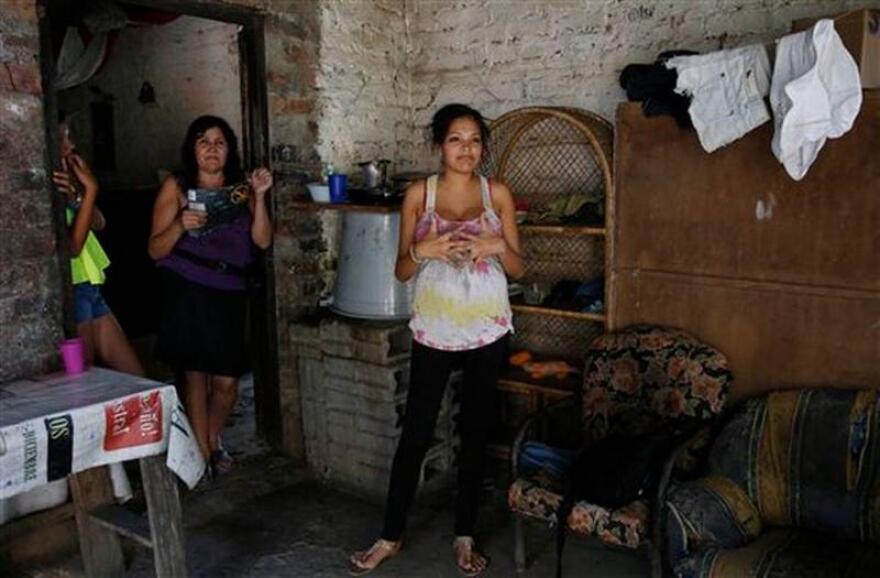In Latin America, scientists have become more convinced of the link between the mosquito-borne Zika virus and the birth defect known as microcephaly. Colombia is the one country that hasn’t fit the pattern. But that may now be changing.
Microcephaly causes unusually small heads and brains in newborn infants. Many Latin American countries – especially Brazil – have reported cases believed to be related to Zika infection in pregnant women.
But Colombia is still a big source of uncertainty. That is, perhaps, until now – with this week's release of a study by the New England Complex Systems Institute, or NECSI, in Massachusetts. It indicates Zika-relatedmicrocephaly cases may be on the rise in Colombia.
“Five new cases in one week," says Yaneer Bar-Yam, NECSI's president. "That’s enough that it suggests we’re beginning to see the Zika-causedmicrocephaly in Colombia.”
Some 12,000 pregnant women in Colombia have the Zika virus. The late appearance of microcephaly cases there could be due to a long delay between Zika infection and microcephaly’s onset. And Bar-Yam warns that scientists will need more time to verify the upward trend. But given the sudden case data, the NECSI report says Colombia might see 200 more microcephaly cases in the next few months.
“Now is the time that the cases in Colombia would have to grow in order for us to conclude that Zika is the cause," says Bar-Yam.
South Florida is home to the U.S.’s largest Colombian community.



